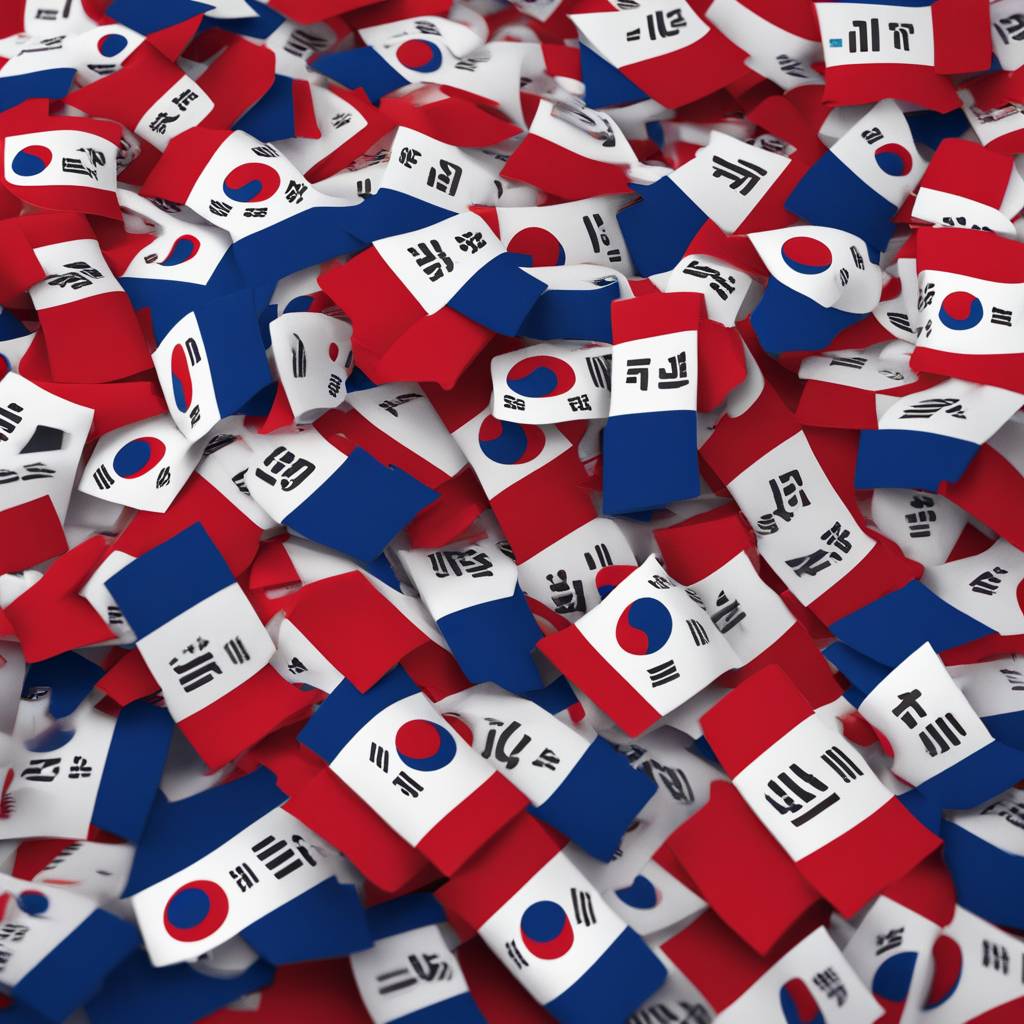South Korea’s liberal opposition parties were expected to win a landslide victory in the parliamentary elections, with initial exit polls showing that the main opposition Democratic Party is forecasted to win a majority of seats in the National Assembly. This victory would make conservative President Yoon Suk Yeol a lame duck for his remaining three years in office, limiting his ability to push through major policy platforms in the face of a liberal opposition-controlled parliament. President Yoon, who has faced low approval ratings at home, has focused on strengthening cooperation with the U.S. and Japan to address security and economic challenges, but will likely face difficulties advancing his domestic agenda if the opposition parties secure a strong majority in the parliament.
Regardless of the election results, President Yoon will remain in power and his major foreign policies are expected to remain unchanged. However, a significant election defeat for his ruling People Power Party could hinder his domestic agenda and expose him to increasing political attacks from his liberal opponents. If the opposition parties secure a two-thirds majority in the parliament, they will have the power to pass bills vetoed by the president and even impeach him. The final voter turnout for the election was tentatively estimated at 67%, the highest for a parliamentary election since 1992, indicating a high level of public engagement in the political process.
The election campaign was marked by toxic rhetoric and mudslinging between the conservative and liberal parties, a continuation of the bitter exchanges that characterized the 2022 presidential election between Yoon and Lee. Lee, the former Democratic Party candidate, is now a critic of Yoon’s policies and is considering another presidential bid, with his main conservative rival being Han, an ally of Yoon. The rival parties engaged in personal attacks and insults during the campaign, deepening the animosity between them and reflecting the increasingly polarized nature of South Korean politics.
President Yoon faced backlash earlier this year over his efforts to increase the number of medical students, leading to protests from incumbent doctors and strikes by young doctors. The opposition parties capitalized on these issues to criticize Yoon’s handling of personnel management and rising prices of agricultural products. The election serves as an assessment of Yoon’s presidency and his ability to implement his liberal democratic agenda, which has been a top priority for him. However, with the prospect of a liberal opposition majority in the parliament, Yoon may face challenges in advancing his policy objectives and responding to the needs of the public amidst a politically divided landscape.
The outcome of the election will have significant implications for South Korea’s political landscape, with the potential for a political deadlock in the next three years if the ruling and opposition parties are unable to reach agreements. The new balance of power in the parliament will also shape the country’s approach to key issues such as economic policy, foreign relations, and social reforms. The leadership of both President Yoon and the opposition parties will be tested as they navigate the challenges of governing in a deeply divided political environment. Ultimately, the results of the election will shape the direction of South Korea’s political future and the implementation of key policy initiatives in the years to come.


